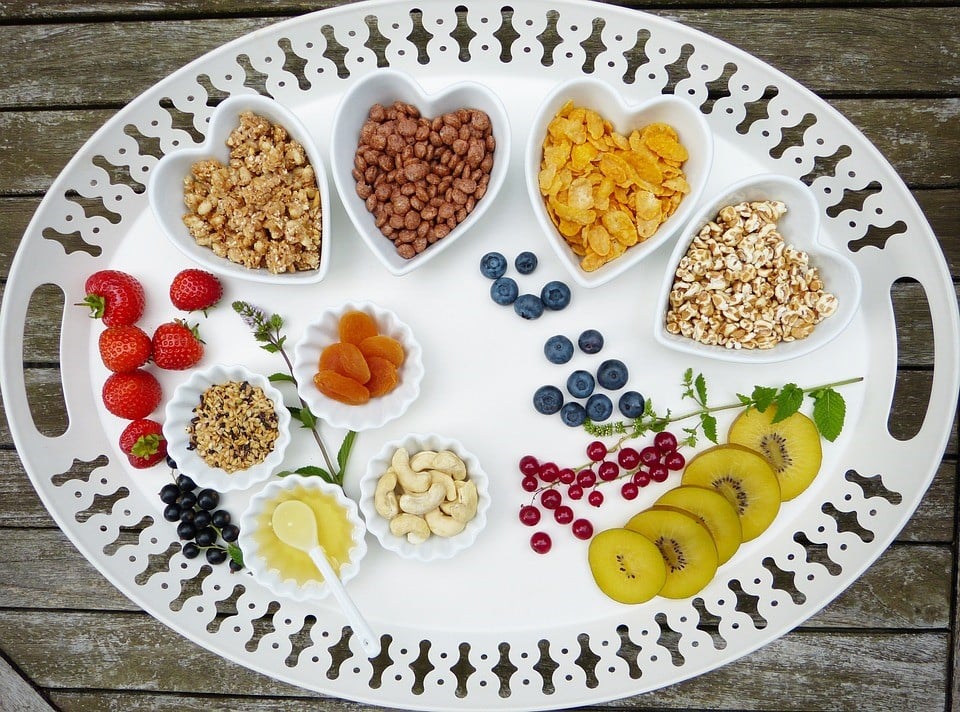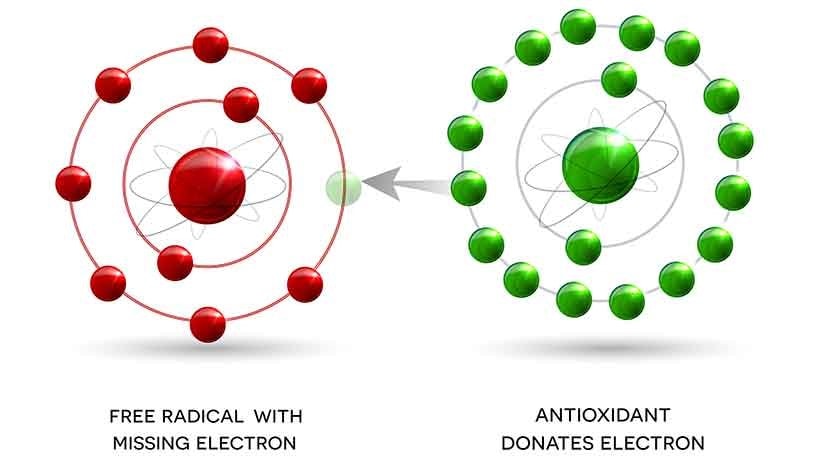Start 2025 With A Quality Extra Virgin Olive Oil For Multiple Health Benefits
Updated January 8th 2024

Summary
- Extra virgin olive oil makes list of top 15 foods to keep your heart healthy in winter
- Extra virgin olive oil is a heart-healthy fat with monounsaturated fats that may help lower bad cholesterol levels.
- Other benefits of quality olive oil consumption include reduced blood pressure and healthy cholesterol levels.
- The polyphenol content of extra virgin olive oil is a vital contributor to its health benefits.
Contents
Extra Virgin Olive Oil In New Winter Heart Health Heroes List
Looking after our heart health is vital all year through but including heart-friendly foods like extra virgin olive oil into your winter diet can contribute to cardiovascular health.
A new list of the top 15 foods to keep your heart healthy during winter from East Coast Daily credits olive oil alongside these other heart hero foods;
1. Fatty Fish:
– Cold-water fish like salmon, mackerel, and trout are rich in omega-3 fatty acids, which can support heart health by reducing inflammation and improving cholesterol levels.
2. Nuts and Seeds:
– Almonds, walnuts, chia seeds, and flaxseeds are packed with heart-healthy nutrients, including omega-3 fatty acids, fiber, and antioxidants.
3. Oats:
– Whole oats contain beta-glucans, a type of soluble fiber that helps lower cholesterol levels and supports heart health.
4. Citrus Fruits:
– Oranges, grapefruits, and clementines are abundant in vitamin C and fiber, promoting heart health and boosting the immune system.
5. Dark Leafy Greens:
– Vegetables like kale, spinach, and Swiss chard are rich in vitamins, minerals, and antioxidants, supporting heart function.
6. Berries:
– Blueberries, strawberries, and raspberries are high in antioxidants, fiber, and vitamins, offering heart-protective benefits.
7. Root Vegetables:
– Sweet potatoes and beets are rich in fiber, potassium, and antioxidants, promoting heart health and overall well-being.
8. Garlic:
– Garlic contains allicin, a compound with potential cardiovascular benefits, including blood pressure regulation and cholesterol reduction.
9. Extra Virgin Olive Oil:
– Extra virgin olive oil is a heart-healthy fat with monounsaturated fats that may help lower bad cholesterol levels.
10. Green Tea:
– Green tea is rich in antioxidants called catechins, which may have protective effects on the cardiovascular system.
11. Avocado:
– Avocados provide monounsaturated fats, potassium, and fiber, supporting heart health and reducing the risk of cardiovascular diseases.
12. Beans and Legumes:
– Lentils, chickpeas, and black beans are excellent sources of fiber, protein, and nutrients that contribute to heart health.
13. Ginger and Turmeric:
– These spices have anti-inflammatory properties that may benefit heart health and overall well-being.
14. Pomegranates:
– Pomegranates contain antioxidants and polyphenols that may contribute to heart health by reducing inflammation and improving cholesterol levels.
Polyphenols In Extra Virgin Olive Oil Are Key To Health Benefits
Extra Virgin Olive Oil is probably the most extensively researched foodstuff on the planet and the health benefits are evidence based. Thanks to the recent spotlight on the Mediterranean Diet, extensive research has been done on the phytonutrient composition of olive oil. What has been discovered is an extensive list of phytonutrients; one of the most praised is its polyphenols. The amount of polyphenols found in Extra Virgin Olive Oil is truly amazing! Olive oil health benefits are listed below with brief explanation on each.
Polyphenols are a potent antioxidant – one that can decommission a nasty molecule in your body called free radicals. Free radicals can ricochet around inside your body and harm good cells. Antioxidants, such as the polyphenols found in Extra Virgin Olive Oil, work to neutralize free radicals; protecting the body from their harmful antics. These antioxidants circulate in the body, hooking up with free radicals, unstable compounds thought to play a role in more than 60 different health conditions including cancer and atherosclerosis, as well as aging.”

Source: Nutrition Advance
Polyphenols, in other words, act as a pretty powerful cell protector inside your body. Extra Virgin Olive Oil like Morocco Gold is rich in polyphenols.
Several of the polyphenols found in olive oil including hydroxytyrosol, oleuropein and luteolin have shown to be especially helpful in avoiding unhealthy blood clotting by keeping our blood platelets in check.
New research is showing that polyphenols in olive oil may help balance the bacteria in our digestive tract; slowing the growth of unwanted bacteria. On this list of polyphenols are: oleuropein, hydroxytyrosol, tyrosol and ligstroside. Some of these polyphenols are specifically able to inhibit the growth of the Helicobacter pylori bacterium; the bacterium that leads to stomach ulcers and other unwanted digestive problems. Yet another category of polyphenols called secoiridoids, continues to be a focus in research on prevention of digestive tract cancers.
In fact the European Food Safety Agency has now approved health claims for Extra Virgin Olive Oil with polyphenol content of more than 250mg / kg. Morocco Gold contains polyphenols well above this level. So here are some of the ways that Morocco Gold Extra Virgin Olive Oil can improve everyday health and well-being.
Reduced Of Risk Of Cardiovascular Diseases With Polyphenol-Rich Olive Oil
Cardiovascular diseases are the top cause of death in the industrialised world. A host of studies have documented that arteriosclerosis is closely linked to eating habits and lifestyle.
“… The lowest rates of death from coronary heart disease are currently recorded in the countries where olive oil is virtually the only fat consumed.”
Professor Francisco Grande Covian
Helps to reduce blood pressure
Certain foods can raise blood pressure besides having an effect on body weight. Along with high blood cholesterol, cigarette smoking, obesity and diabetes, it is one of the main health problems of the developed world.
One in every four adults is hypertensive. This increases the risk of early death because of the damage to the body’s arteries, especially the arteries that supply blood to the heart, kidneys, brain and eyes. Addition of olive oil to a diet has a clear lowering effect on blood pressure. Regular consumption of olive oil decreases both systolic (maximum) and diastolic (minimum) blood pressure.
Help control healthy cholesterol levels
Cholesterol is a fatty substance contained in foods of animal origin. Diets containing a large amount of animal fats raise blood cholesterol level, which is one of the chief risk factors of cardiovascular disease.
Olive oil lowers the levels of total blood cholesterol, LdL-cholesterol and triglycerides. At the same time it does not alter the levels of HbL-cholesterol (and may even raise them), which plays a protective role and prevents the formation of fatty patches and recurrent heart disease.
Other Health Benefits From Regular Olive Oil Consumption
A healthier heart is not the only potential health benefit from regular olive oil consumption. Here is a summary of some of the other benefits to your overall well-being that this liquid gold can bring;
Beneficial effect on ulcers and gastritis
Olive oil reduces the risk of the flow or reflux of food and gastric juice up from the stomach to the oesophagus, the gastric content of the stomach is released more slowly and gradually into the duodenum, giving a greater sensation of “fullness”.
Maintains the digestive tract in good health.
Olive oil produces a small amount of secretion by the pancreas, making this organ “work” little, but efficiently and enough to carry out all its digestive functions. It stimulates the absorption of various nutrients (calcium, Iron, magnesium, etc.).
Olive oil, therefore, is a fat that is digested and absorbed really well. It has choice properties and a mild laxative effect that helps to combat constipation and bad breath.
Olive oil eases or prevents diabetes
An Olive Oil rich diet is not only a good alternative in the treatment of diabetes, it may also help to prevent or delay the onset of the disease. How it does so is by preventing insulin resistance lowering triglycerides and ensuring better blood sugar level control and lower blood pressure.
Olive oil lessens the severity of osteoporosis
Osteoporosis is a reduction in bone tissue mass that increases the risk of fractures. There are two types. Type I occurs in middle-aged, post-menopausal women and type II in the elderly. Olive oil appears to have a favourable effect on bone calcification, and bone mineralisation is better the more olive oil is consumed. It helps calcium absorption, thereby playing an important part during the period of growth and in the prevention of osteoporosis.
Olive Oil during Pregnancy
Post-natal development of babies of mothers who consumed Extra Virgin Olive Oil when pregnant is better in terms of height, weight, behaviour and psychomotor reflexes.
The foetus needs vitamin E to grow. The new-born baby also needs a store of vitamin E to fight against the oxidative stress caused on entering an oxygen atmosphere. Vitamin E is present in sufficient quantity thanks to the resistance of Extra Virgin Olive Oil to oxidation.
So, both the amount and the type of food consumed in the diet during pregnancy play a key part in the metabolic adaptations that occur in the mother and in her functional relationship with the foetus.
Olive Oil and Breast Feeding
It is essential to maintain the levels of this vitamin during breast feeding. Vitamin E is also recommended for premature and new-born infants with kidney or pancreas failure. This is because of the favourable effect it has on the hepato-biliary system. Its ratio of linoleic acid to linolenic acid (essential fatty acids) is similar to that of breast milk.
The beneficial effect of oleic acid lasts beyond pregnancy. Oleic acid also appears to exert a positive influence on growth and bone mineralisation and development during infancy.
